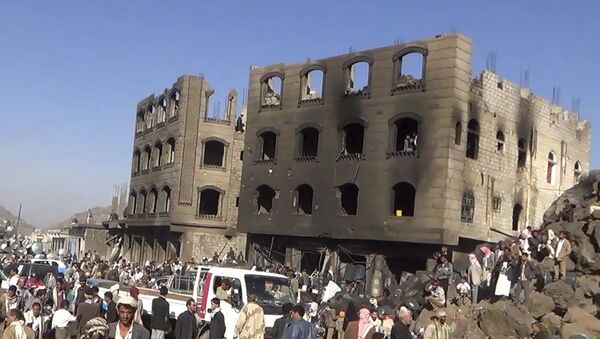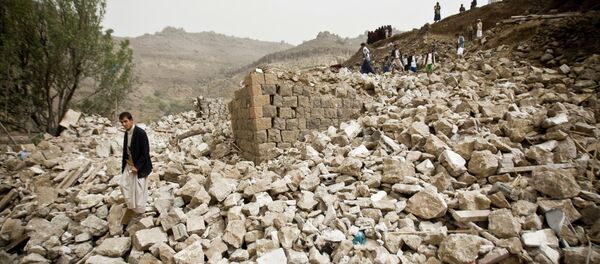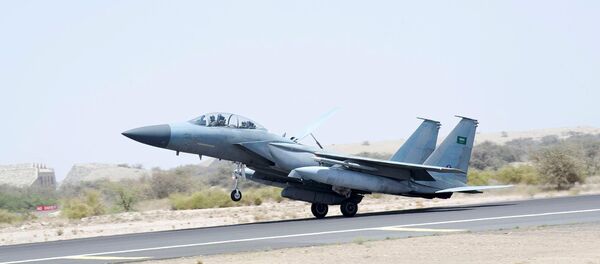“[Regional stability] is the most important thing, not what is legal or what is not legal,” Pollack said. “I think in a situation like Yemen, that’s almost irrelevant.”
Pollack explained that ultimately, the military intervention in Yemen is unlikely to produce positive results for either side of the conflict.
“Foreign military intervention [in Yemen] is strategically unlikely to make that situation better and I think that the real danger is it helps to actually undermine the strength and stability of many of these other countries,” he stated.
Pollack also commented on the remarks made by Russian Foreign Minister Sergei Lavrov on Monday, denouncing the Yemen military campaign as lacking an international legal foundation. Lavrov further condemned the Saudi Arabia-led coalition for failing to consult the UN Security Council or other bilateral channels.
The situation on the ground will only be changed by a third power willing to bring “an enormous amount of force to suppress the fighting and forge new power sharing arrangement among the rival groups,” Pollack argued. There is currently no player in the region able or willing to play that role, he added.
In late March 2015, a coalition headed by Saudi Arabia launched a military operation against the Houthi rebels in Yemen, reportedly at the request of Yemen’s ousted President Abd Rabbuh Mansur Hadi.
Last week, Russia submitted a draft resolution to the UN Security Council calling for a humanitarian pause in the airstrikes on Yemen. The draft resolution is currently awaiting UN consideration, according to the April’s UN Security Council President Dina Kawar of Jordan.





